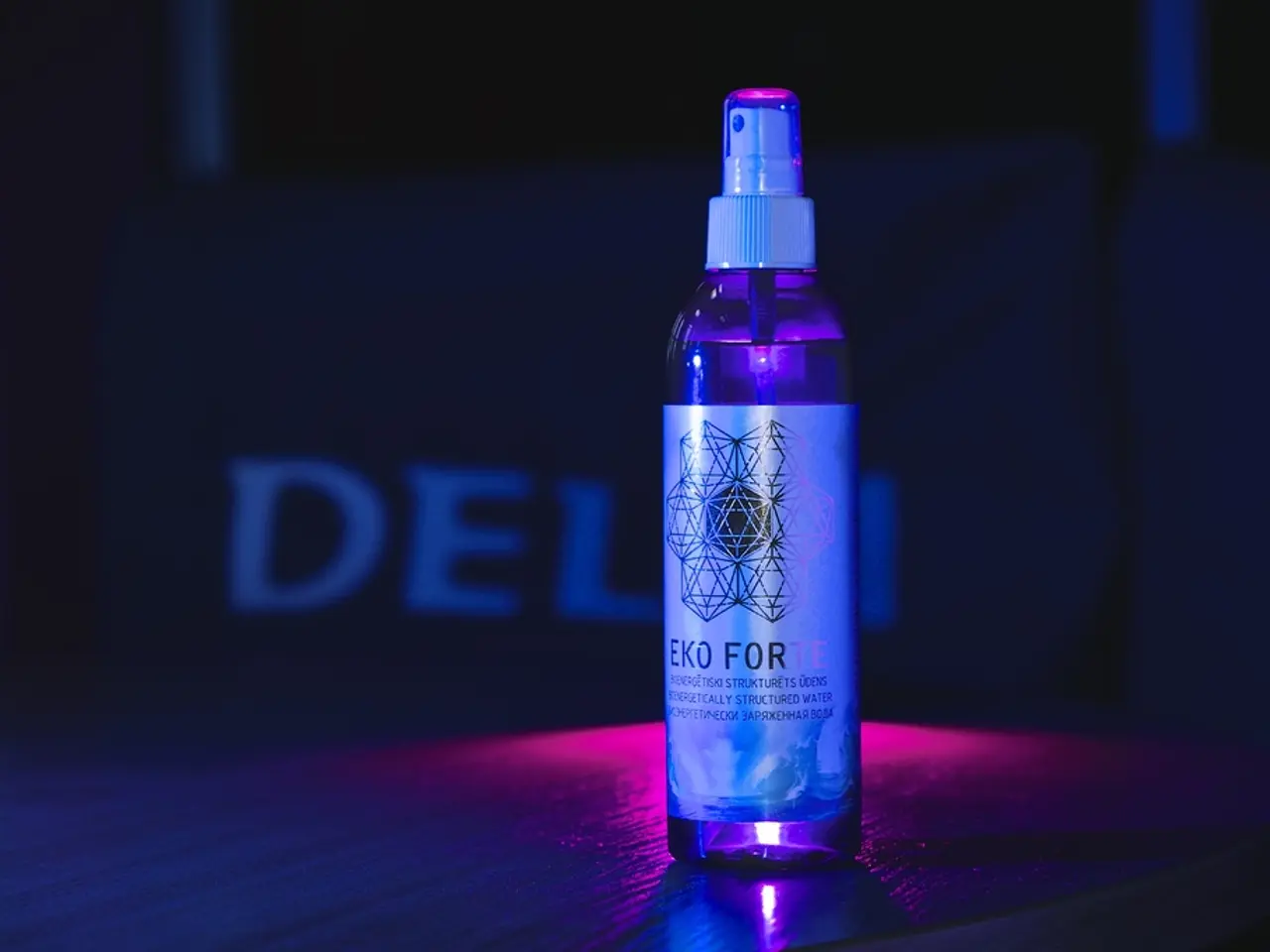GABA (Gamma-Aminobutyric Acid) Dietary Supplements: Advantages, Applications, and Potential Risks
Gamma-aminobutyric acid (GABA), an inhibitory neurotransmitter, is often associated with serotonin, known as the "happy hormone." This neurochemical duo plays a significant role in the brain's function, particularly in regulating emotions and promoting relaxation.
Recent studies have suggested potential benefits of GABA supplements, particularly in relation to sleep and stress management. A small 2018 study found that participants who took 300 mg of GABA before bedtime fell asleep faster and reported better sleep after four weeks of supplementation. However, a 2020 research review found "very limited evidence" for the sleep perks of GABA supplementation, indicating that more research is needed to confirm these findings.
One area where the evidence is scant is in the use of GABA supplements for alleviating anxiety and depression. Although there is some evidence in favor of a calming effect, most of this evidence was reported by researchers with a potential conflict of interest. To date, no specific manufacturers of GABA supplements have conducted clinical studies on the efficacy of these supplements for these purposes.
It's important to note that GABA supplements haven't been deeply researched, making it tough to pinpoint the risks and side effects. Common side effects include headache, upset stomach, blood pressure concerns, and drowsiness. Given these potential side effects, it's crucial to start with the lowest dose possible and consult your doctor before taking GABA supplements, especially if you have clinical depression or anxiety, or are taking prescription medications.
In addition to potential side effects, there's a risk that GABA supplements may interfere with prescription or over-the-counter medications. As with any supplement, it's essential to buy a quality GABA supplement from a reputable company. The Food and Drug Administration doesn't test dietary supplements like drugs, so it's up to consumers to ensure they're purchasing products from trustworthy sources.
Some research suggests that boosting GABA production might soothe symptoms of depression, but it's worth mentioning that one small 2020 study did not use GABA supplements to increase GABA. Instead, it focused on a compound that stimulates GABA receptors in the brain.
Another area requiring further research is the effect of GABA on anxiety. More studies are needed to understand how GABA supplements may impact anxiety levels and whether they can be a viable treatment option.
Pregnant individuals or those who breastfeed should avoid GABA supplements because it might cause hormonal fluctuations. Additionally, it's advisable to avoid driving after dosing GABA until you know how it affects your alertness due to its drowsiness side effect.
In conclusion, while GABA supplements show promise in promoting relaxation and improving sleep, more research is needed to fully understand their benefits and risks. Always consult your doctor before taking GABA supplements, especially if you have clinical depression or anxiety, to determine the proper dosage and confirm that the supplements won't interfere with your prescription meds.
Read also:
- Warning Issued by Dismissed CDC Chief Susan Monarez: RFK Jr. jeopardizes public health
- Movie Screening of The Chocolate War in Nordhorn
- European Commission Unveils Communication on Strategic Approach for Countering Online Disinformation and Hate Speech
- Experience widespread infertility issues in cattle herds? Farmers unveil effective strategies






